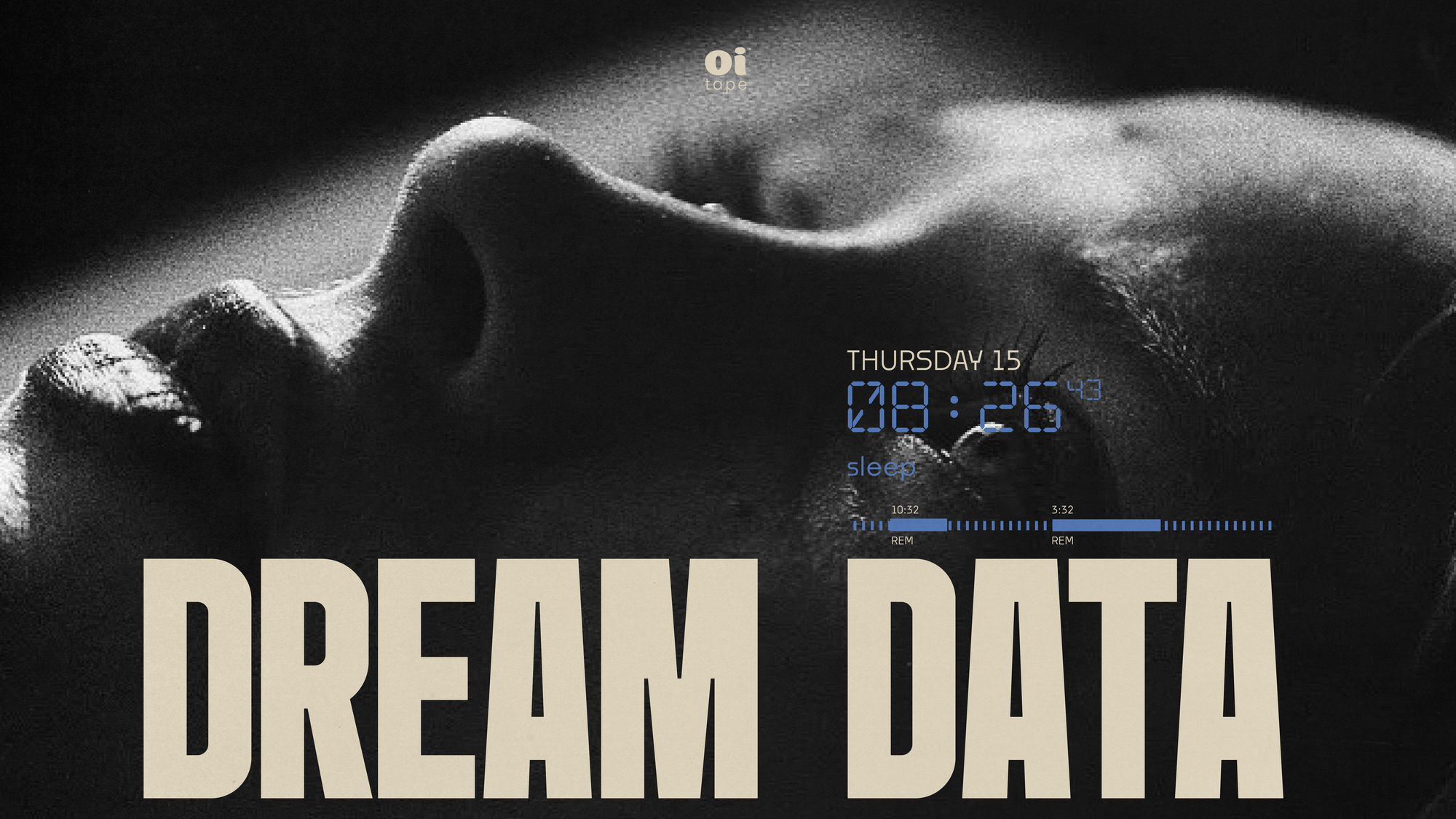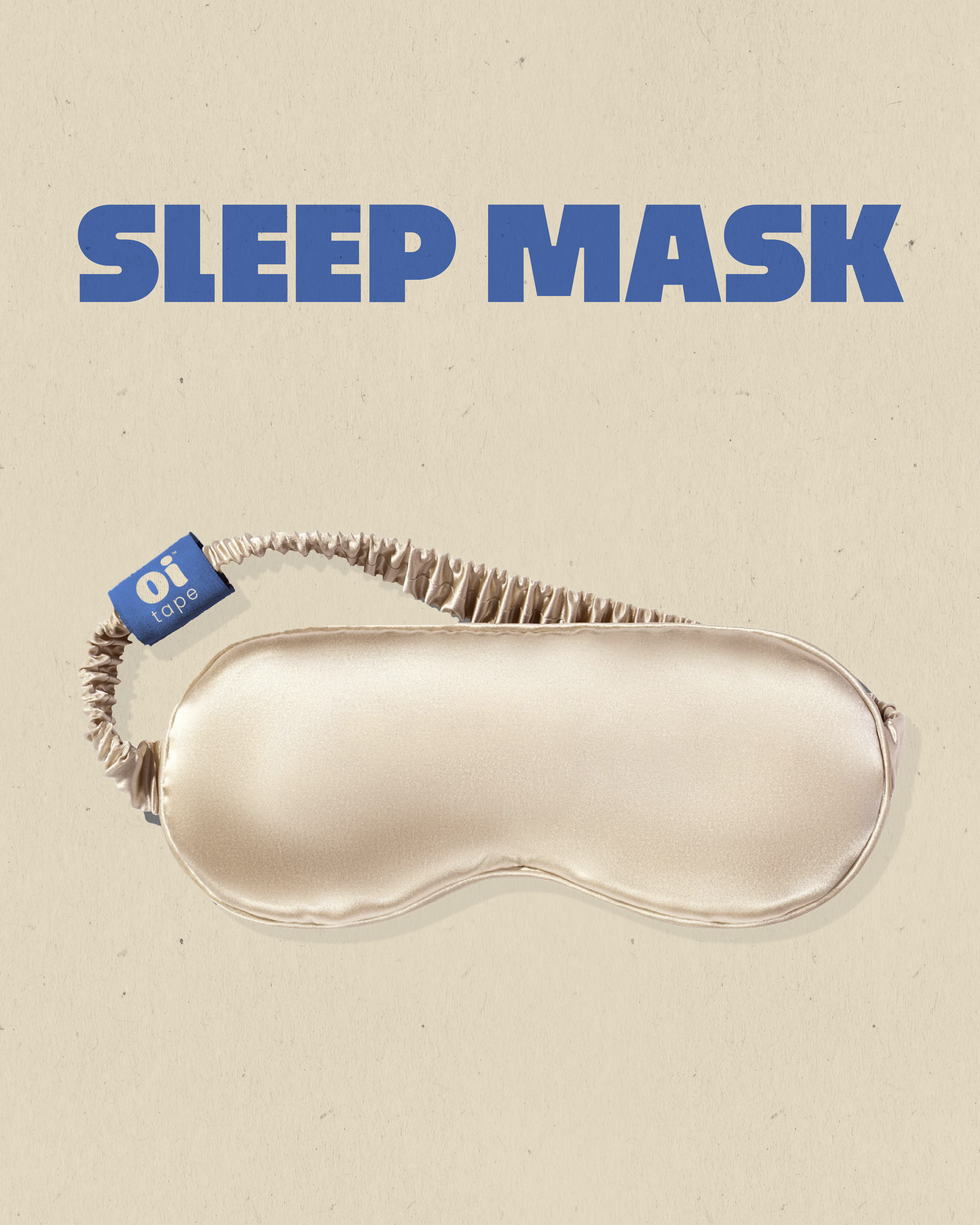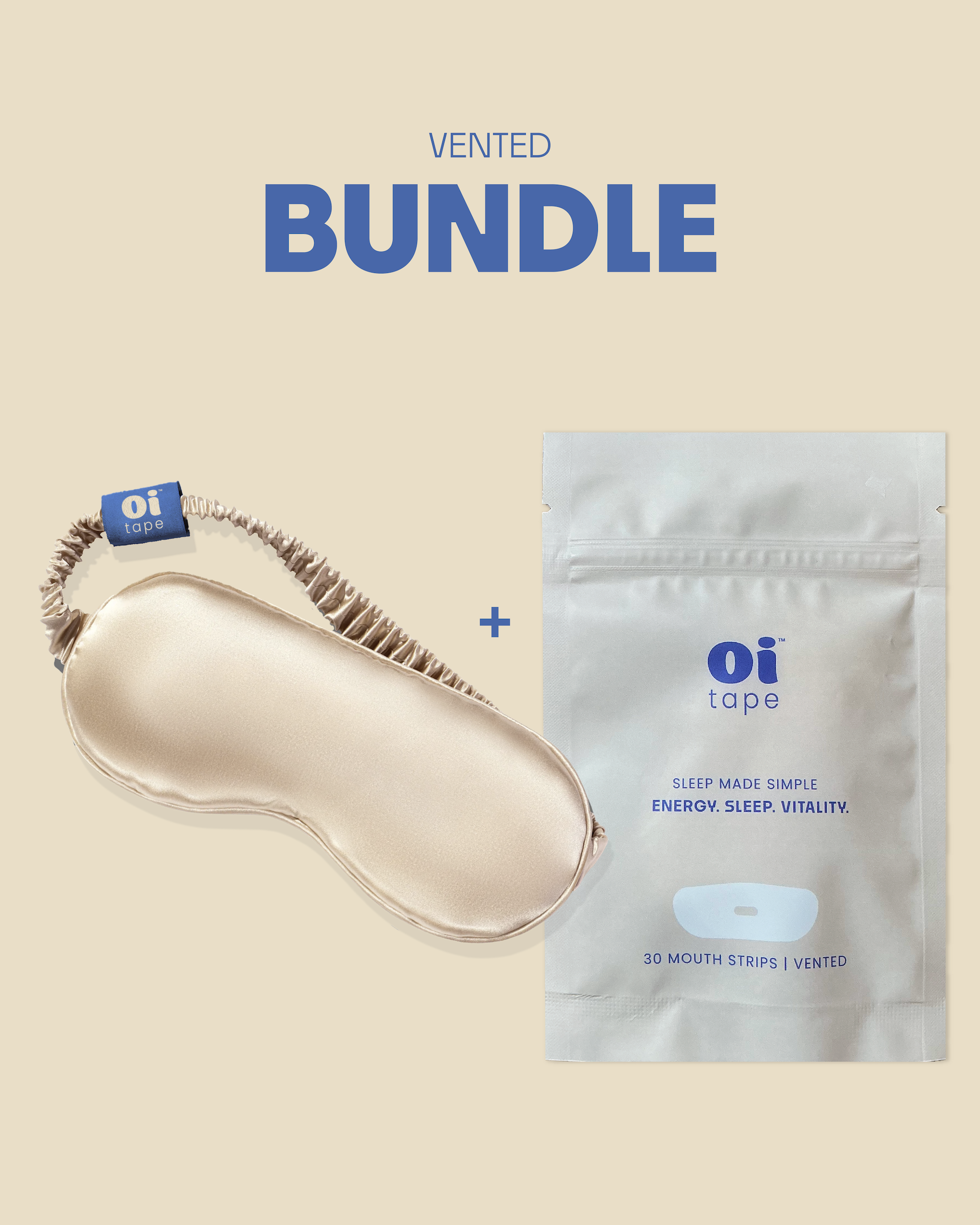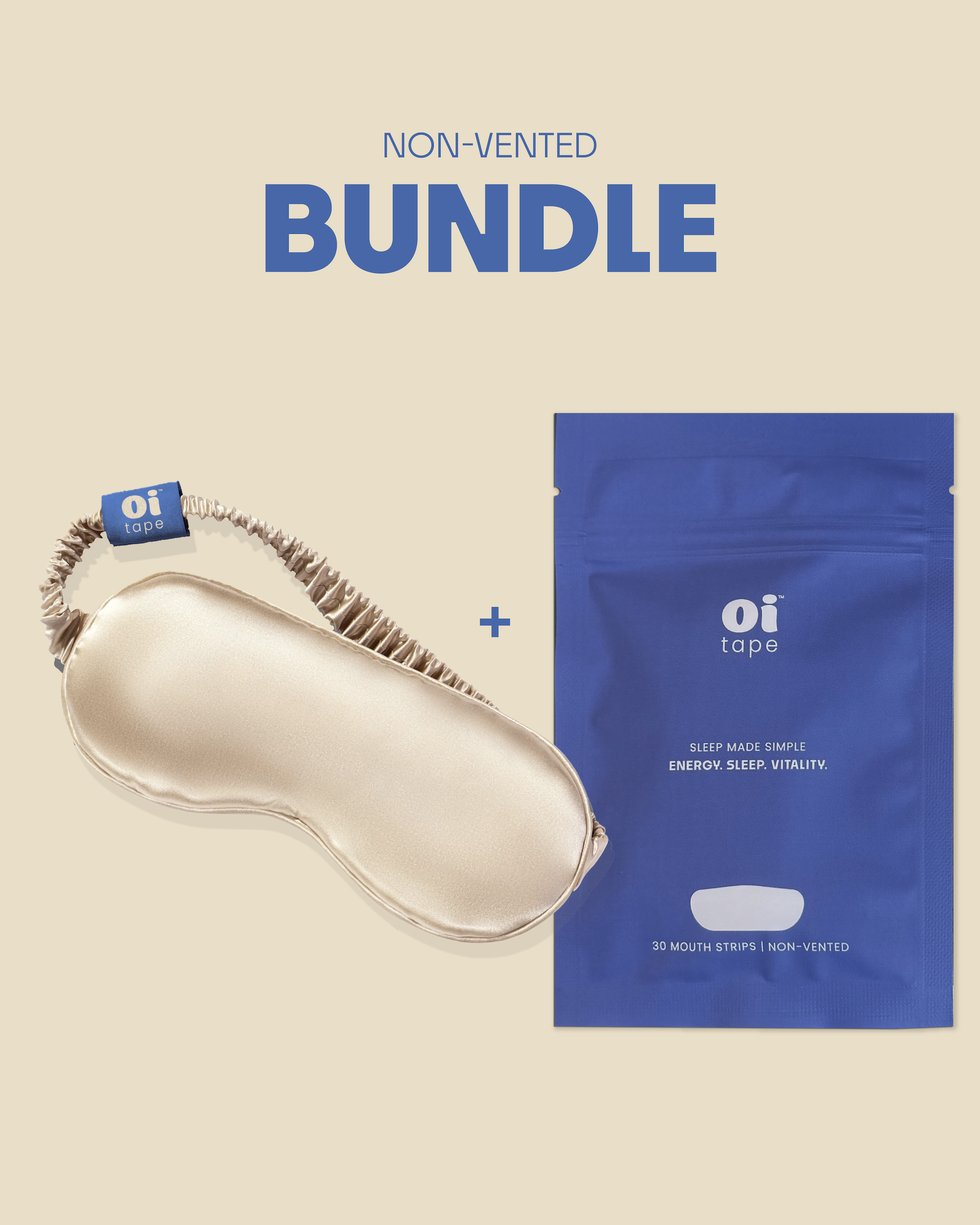

Dream Data: Why Everyone Should be Tracking their Sleep
In the fast-paced world we live in, sleep often takes a backseat to our busy schedules, endless to-do lists, and the allure of late-night screen time. This is where sleep tracking comes in – a tool that can help you understand, improve, and prioritize your sleep, and it's something that needs to be on your radar.
Understanding Your Sleep Patterns
Sleep tracking devices and apps can provide insights into your sleep patterns, including how long it takes you to fall asleep, how often you wake up during the night, and how much time you spend in different stages of sleep. Understanding these patterns can help you identify any issues that might be affecting your sleep quality.
Setting Personalized Goals
With the data collected from sleep tracking, you can set personalized sleep goals. Whether it's aiming for a certain number of hours of sleep per night, reducing the time it takes to fall asleep, or increasing the amount of deep sleep you get, tracking your progress can motivate you to stick to your goals.
Enhancing Athletic Performance
For athletes and fitness enthusiasts, sleep is crucial for recovery and performance. Sleep tracking can help you understand how much rest your body needs to recover from workouts and perform at your best. It can also help you identify the impact of different training schedules on your sleep patterns.
Creating a Better Sleep Environment
Sometimes, external factors like room temperature, light, or noise can affect our sleep. Sleep tracking can help you identify these factors and make changes to your sleep environment to create the ideal conditions for a good night's rest.
The Future of Sleep Health
As technology advances, sleep tracking is becoming more sophisticated, offering deeper insights into our sleep health. From wearable devices that track heart rate and oxygen levels to smart beds that adjust to your sleeping position, the future of sleep tracking is promising.





